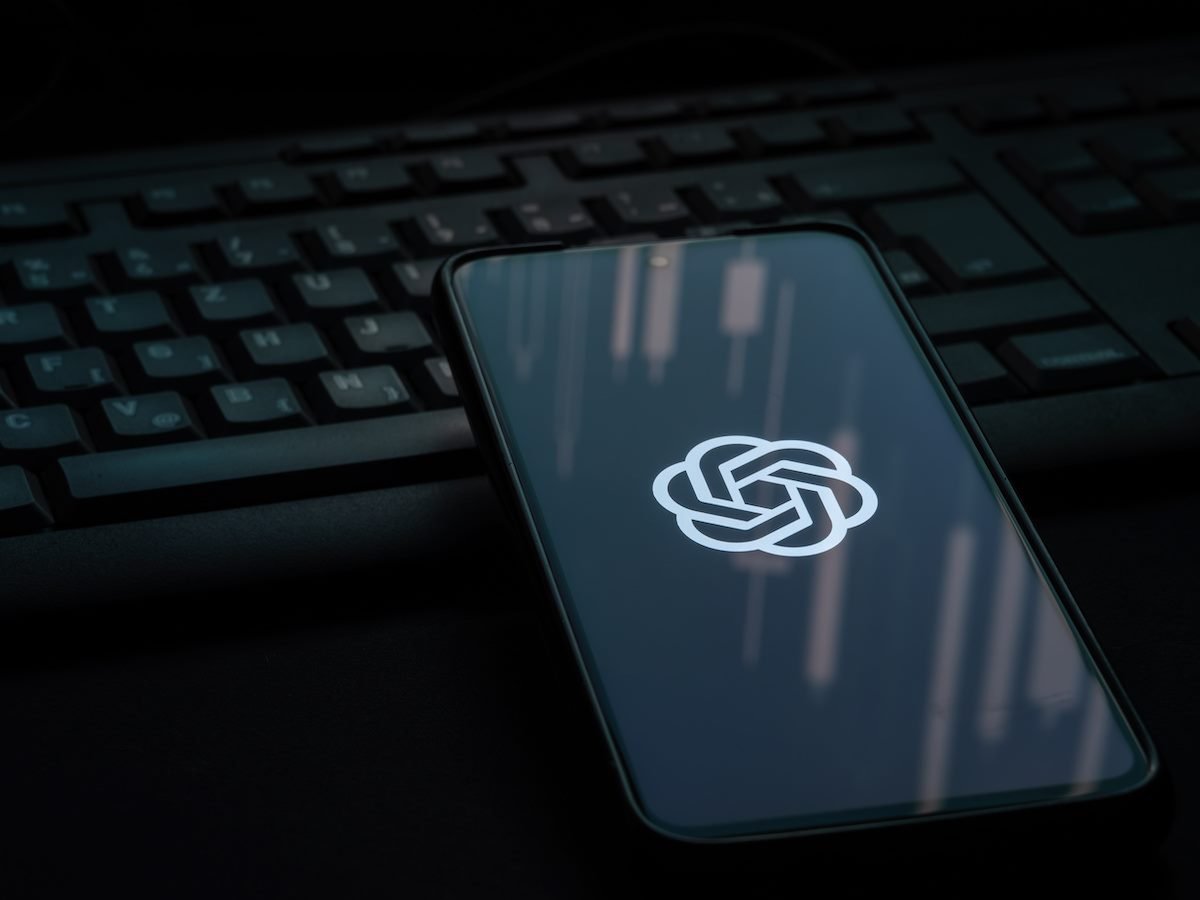OpenAI said on Sept. 2, 2025 it will acquire experimentation platform Statsig in an all-stock deal valued at $1.1 billion. Founder and CEO Vijaye Raji will become CTO of Applications, reporting to Fidji Simo, and will lead product engineering for ChatGPT, Codex and core systems. The acquisition remains subject to regulatory approval; Statsig will keep serving customers from its Seattle office.
Key Takeaways
- Acquisition announced: OpenAI to acquire Statsig in a $1.1B all-stock deal (pending approvals).
- Leadership integration: Statsig founder Vijaye Raji becomes CTO of Applications, reporting to Fidji Simo.
- Enterprise impact: A/B testing, feature flags and real-time decisioning bolster experimentation across OpenAI’s apps stack.
By the Numbers
- $1.1B (all-stock) acquisition value
- CTO of Applications: Vijaye Raji (reports to CEO of Applications, Fidji Simo)
- Products: ChatGPT, Codex, core systems & Integrity
- Statsig’s last round: $100M Series C at $1.1B valuation (May 6, 2025)
- Status: Close pending regulatory approval; Seattle operations continue
Deal Terms & Timeline
OpenAI will acquire Statsig via an all-stock transaction. Following close, Statsig employees will join OpenAI. Statsig will continue operating from the Seattle area and serving its existing customer base. Closing is subject to customary conditions, including regulatory approval.
Who Is Vijaye Raji? Why This Role Matters
Raji, a veteran engineering leader (ex-Meta) and Statsig’s founder/CEO, becomes CTO of Applications at OpenAI. In this role, he will oversee product engineering for ChatGPT and Codex, with responsibilities that span core systems, product lines, infrastructure and Integrity. The appointment indicates a deeper push to translate research into resilient, user-facing products at scale.
“Vijaye has a remarkable record of building new consumer and B2B products and systems at scale. He’s joining at a time when our models are opening entirely new ways to build, and his leadership will help turn that progress into safe applications that empower people with many new tools to improve their lives, help companies increase their impact and allow developers to build faster and better products.”
- Fidji Simo
CEO of Applications, OpenAI
What Statsig Brings to OpenAI’s App Stack
Statsig’s platform underpins rapid, data-driven iteration for product teams. Key capabilities include:
| Capability | Description |
|---|---|
| A/B Testing | Compare variants to optimize conversion, retention and UX |
| Feature Flagging | Gradual rollouts, targeted releases and instant rollbacks |
| Real-Time Decisioning | Make data-informed changes without redeploys |
| Rapid Experimentation | Tight feedback loops for faster shipping |
Why It Matters for Enterprises
Bringing experimentation in-house gives OpenAI tighter control over AI governance, safety and rollout velocity across applications like ChatGPT. For product and platform teams, the combination of feature flags, experimentation and real-time decisioning should translate into faster iteration cycles and safer change management when deploying AI-powered experiences to employees and customers.
Context: OpenAI’s Build-and-Ship Push
The Statsig acquisition follows OpenAI’s earlier move to acquire Jony Ive’s device startup io in an all-equity deal reportedly valuing the company at $6.5B. This could mean a broader strategy at OpenAI to pair leading models with application and hardware execution.
Meanwhile, competitive pressure is intensifying across price and capability; for example, analysts have noted that Chinese lab DeepSeek has priced models 20–40x cheaper than comparable OpenAI offerings, pushing vendors to differentiate on platform, integration and enterprise controls.
